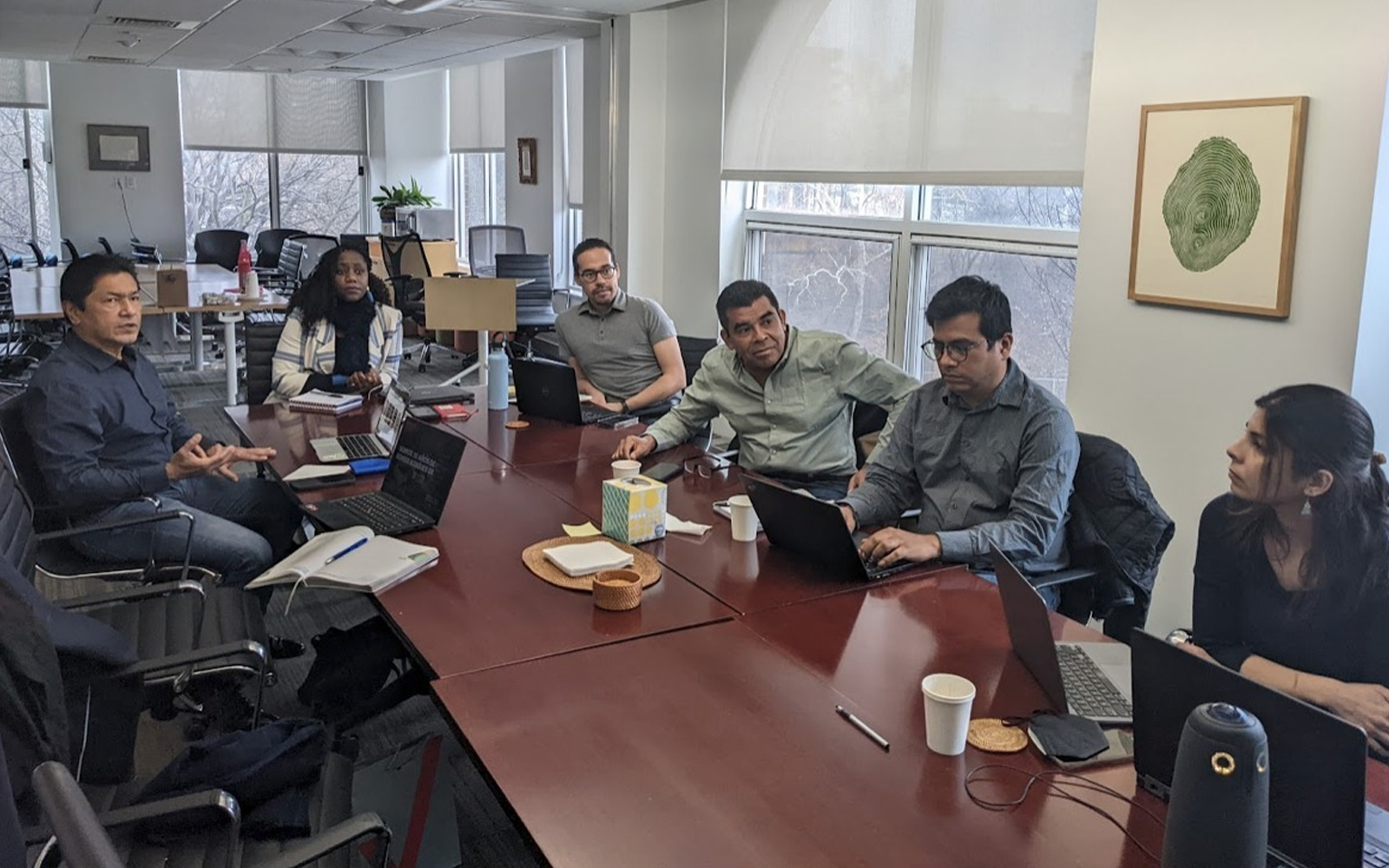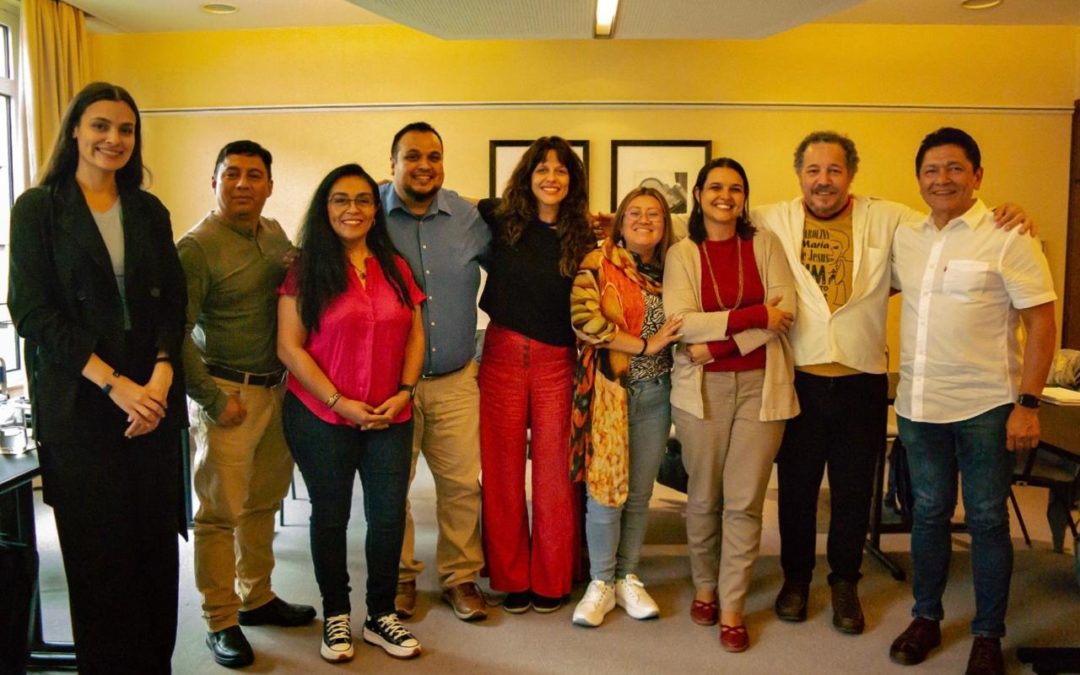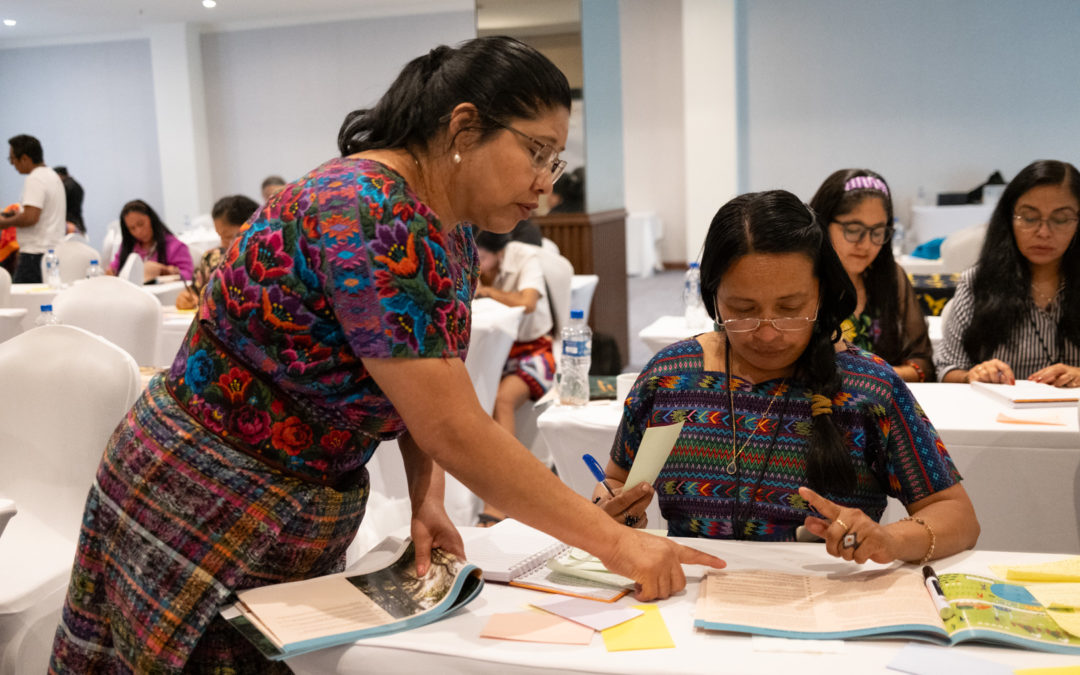- The AMPB team met with representatives of the Inter-American Development Bank, the United Nations Development Program and the Rights and Resources Initiative, among others, to coordinate joint actions
The political coordination of the Mesoamerican Alliance of Peoples and Forests (AMPB) toured the United States through March 9th and 10th in order to follow up on the dialogue initiated with strategic allies and the joint work agreements that emerged in the COP26, in addition to exploring collaboration opportunities with former AMPB allies based in Washington DC and New York.
The political coordination of the Mesoamerican Alliance of Peoples and Forests (AMPB) toured Washington and New York, United States, from March 8th to 10th, in order to follow up on the dialogue initiated with strategic allies and the work agreements that emerged in the COP26, in addition to exploring collaboration opportunities with former allies based in Washington DC and New York.
On behalf of AMPB, the work tour was attended by Levi Sucre, AMPB Coordinator, and Gustavo Sánchez, President of the Mexican Network of Forest Peasant Organizations and member of the AMPB Executive Commission.
“There is a positive balance in the fact that we reactivated contacts, but above all because our approach as AMPB, based on the four semi-autonomous instances, had very positive comments and that indicates to us that our planning at the Mesoamerican level is aligned with the different visions that the cooperators have about community work”, commented Levi Sucre, Coordinator of the AMPB, after the meeting in the United States.
The first meeting was held in the city of Washington DC with Juan Martínez, leading specialist in Development and Social Safeguards at the Inter-American Development Bank (IDB). With Martínez, they discussed the governance structure of the AMPB, its lines of work, and demands, in addition to the achievements in advocacy and projection that have been achieved as part of the Global Alliance of Territorial Communities (AGCT).
A key moment was the presentation of the Mesoamerican Territorial Fund (FTM), where it was exposed the progress that the Fund has achieved, its current status and the next steps for its constitution. The FTM is a financial mechanism for promoting governance and territorial development in the forested regions of Mesoamerica.
Some of the reflections that emerged from this meeting is the importance of understanding the intermediation funnel that donated funds represent to support indigenous peoples and local communities, which incur high costs of financial credibility and administrative processes.
Some of the questions for the FTM, raised during the meeting, had to do with what goals it has and why it wants to achieve a direct transfer fund. An observation that emerged has to do with the need to raise a discussion with donors about the requirements they impose to raise these funds, which should not come from the top down, but rather the other way around, and analyze how those funds are taken.
The political coordination of AMPB also had a very important meeting with Solange Bandiaky, president and director of the Rights and Resources Initiative (RRI), with whom previously in Glasgow, during COP 26, a dialogue was initiated to explore bilateral collaborations with the initiative of CLARIFI and access to other funds with a potential focus on the Mesoamerican region.
After providing an update on the state of the art of AMPB and the actions to strengthen the capacities and inclusion of women and youth in the defense of forests and the recognition of their rights, the progress and current status of the FTM was presented, along with its compatibility with Shandia and the meaning of “territorial investment”, understanding what pre-investment is, as well as finding synergies with CLARIFI knowing its current state and reflecting on the 5 demands of the AGCT and its impact on the AMPB.
During the meeting, RRI suggested an exchange of experiences on the lessons learned from the Tenure Facility for the FTM constitution process, in addition to co-building a work proposal between CLARIFI and FTM in order to capitalize funds that go through the principles of AMPB and by more balanced percentages in their intermediation and operation.
Likewise, RRI reported on the possibility of taking advantage of its Investment Strategy Mechanism to make investment proposals in Mesoamerica and support those regions that are outside the beneficiary communities of the Jeff Bezos land fund.
AMPB also held a meeting with Nina Kantcheva, Senior Policy Advisor of the Global Program for the Participation of Indigenous Peoples and Local Communities in Nature for Development-UNDP (United Nations Development Programme), and some agents from the area of Climate and Forests and the New York Declaration on Forests, to update information on AMPB, its governance, its activities in the region and projects in execution. In addition, the FTM was also presented.
The conversations included the issue of voluntary carbon markets and the challenge of complying with standards that do not adjust to the reality of the territories, as well as the Nationally Determined Contributions (NDC) and the importance of indigenous peoples and local communities work with these, understanding what they are, how they are built and the experience of countries like Costa Rica to analyze what works and what does not.
In addition, the UNDP announced the launch of the Equator Prize and invited the FTM and other AMPB initiatives to their nomination.
In this way, AMPB concludes its visit to the United States, positively evaluating the meetings held with the different strategic allies in the search for an approach of mutual collaboration to strengthen the global climate change agenda and vindication of the rights of local communities and indigenous people.



